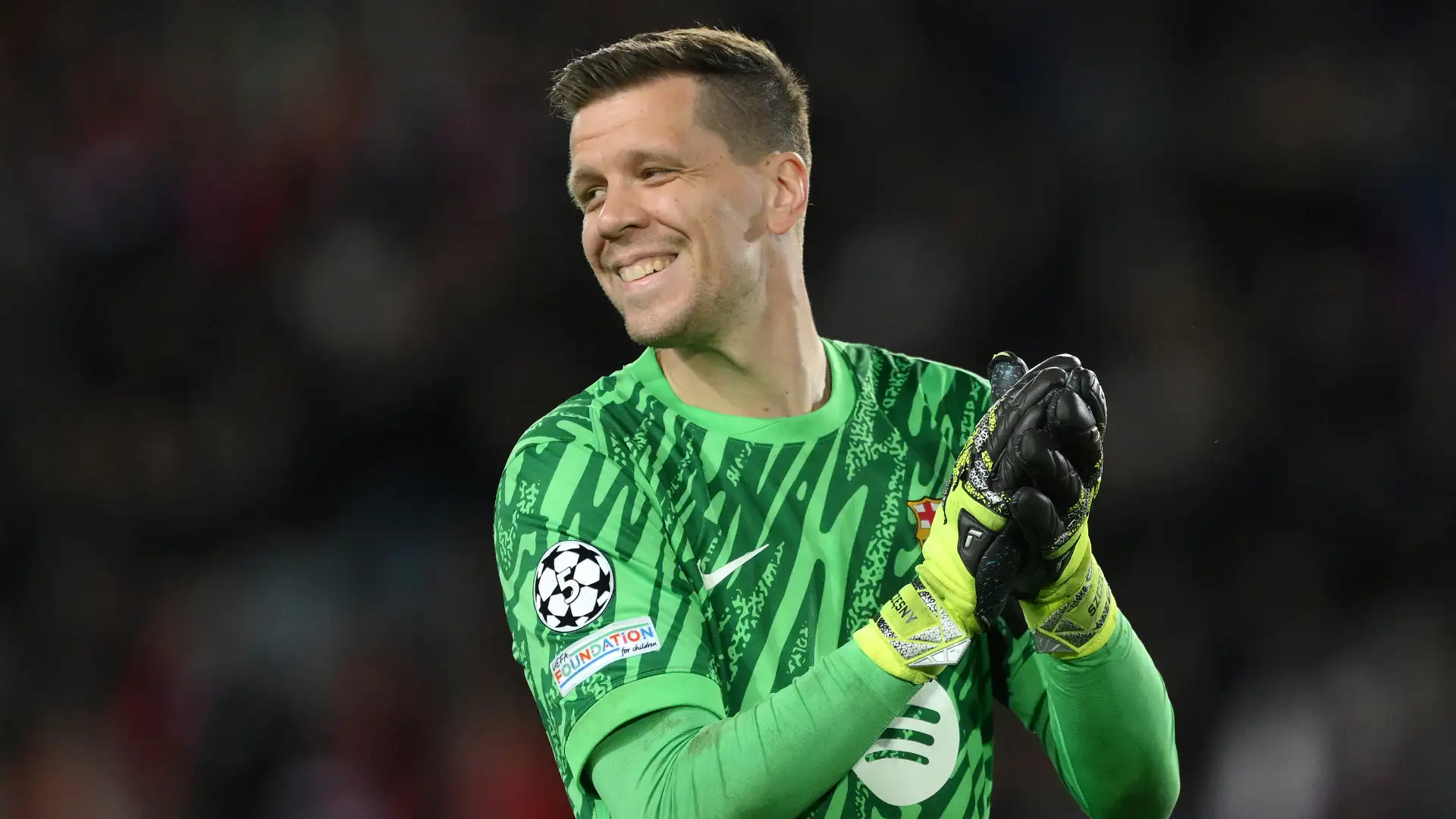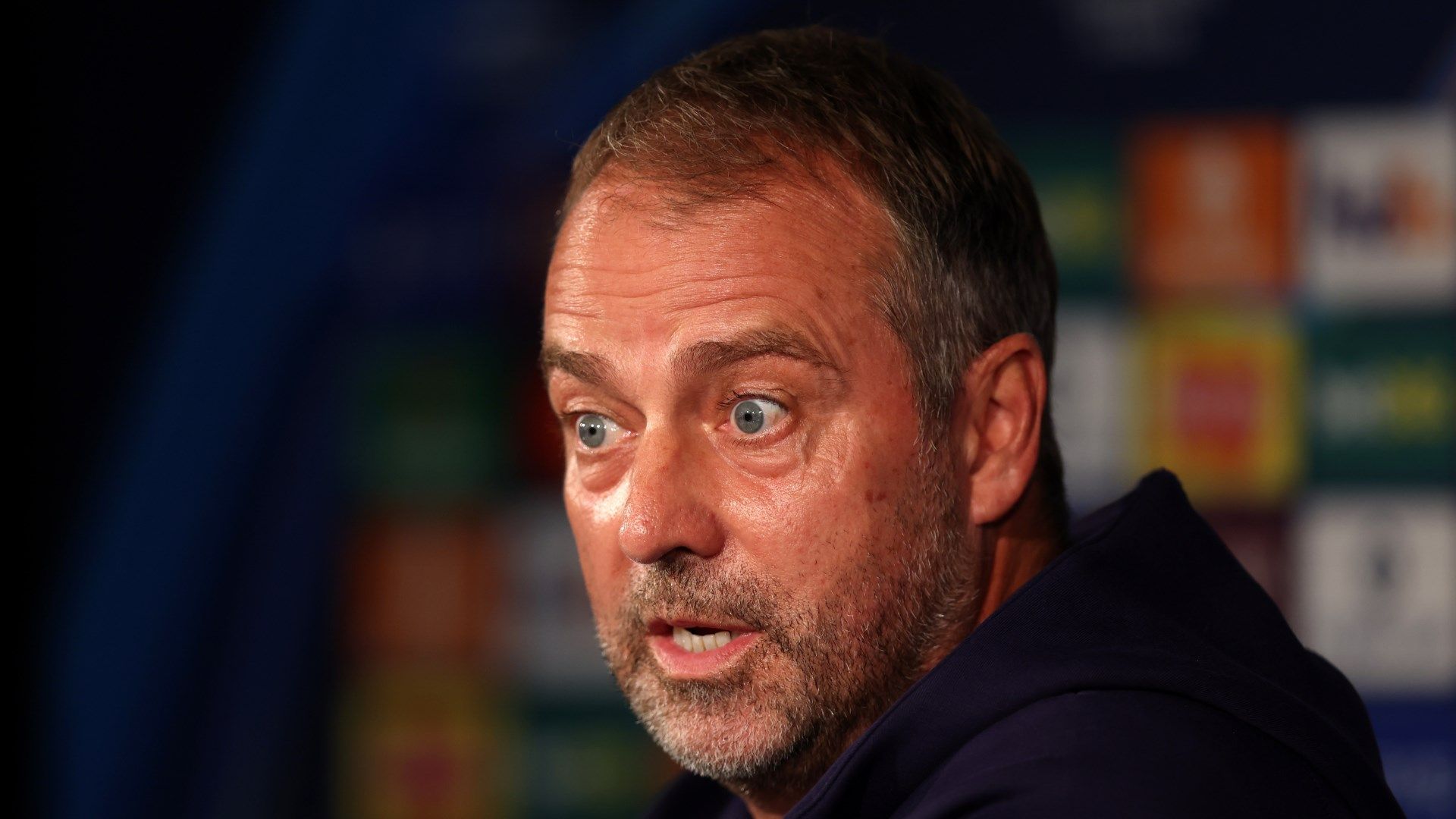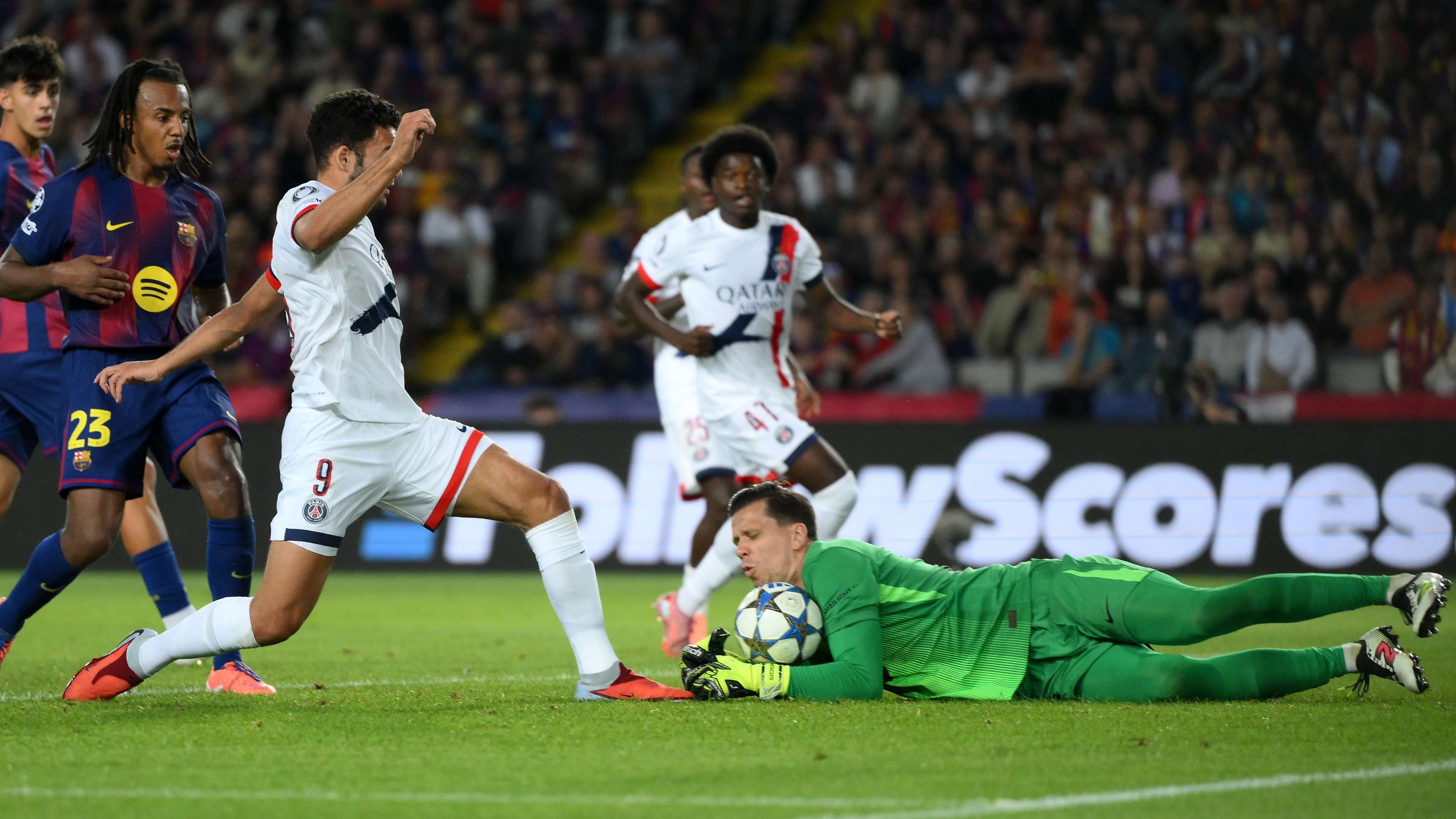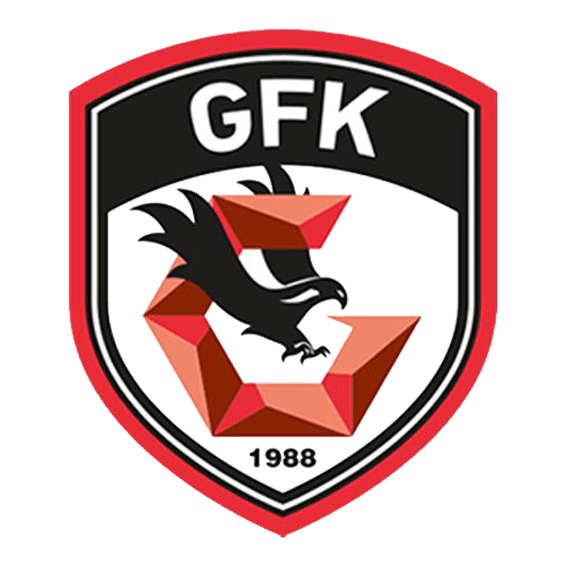
‘I Didn’t Fit Barcelona’s Style’ – Wojciech Szczesny Admits He ‘Didn’t Feel Comfortable’ After Ending Retirement but Refused to ‘Play It Safe’ with Hansi Flick’s Team
Veteran Goalkeeper Opens Up on His Adjustment Struggles, Flick’s Demands, and Barcelona’s Rollercoaster Season
When Wojciech Szczesny announced his return from retirement to join Barcelona in the summer of 2024, it felt like one of those football twists that no one saw coming. A veteran goalkeeper with a résumé that included spells at Arsenal, Roma, and Juventus was stepping into one of football’s most demanding environments — Hansi Flick’s high-octane Barcelona, a team that plays on the edge, with goalkeepers expected to act as the eleventh outfield player.
It was a bold move for a player who had already done it all. But as Szczesny now admits, it wasn’t an easy fit. In fact, it was a steep, humbling journey that tested his patience, his pride, and his ability to adapt at a stage in his career when most would have opted for comfort.
“I knew going into this challenge that I didn’t fit Barcelona’s style,” Szczesny told Sportpl. “I knew I was the best fallback option at the time, but I’m absolutely not the goalkeeper profile that suits that style of play.”
That honesty is rare in modern football — especially from a man who lifted a domestic treble in his first season back. But Szczesny’s story in Catalonia isn’t one of immediate glory. It’s one of persistence, reinvention, and the courage to make mistakes in public view.
Szczesny’s Teething Problems at Barcelona
.jpg?auto=webp&format=pjpg&width=3840&quality=60)
Hansi Flick Barcelona 2025
When Szczesny arrived at the Estadi Olímpic Lluís Companys, Barcelona’s temporary home during Camp Nou’s redevelopment, expectations were sky-high. Hansi Flick had just taken over, preaching a philosophy of pressing football, positional discipline, and fearless build-up play from the back.
For a keeper like Szczesny, who had built his reputation on shot-stopping, command of the box, and pragmatic distribution, this was a very different world.
His early performances reflected that discomfort. In his first few matches, he looked uneasy receiving the ball under pressure. There were misplaced passes, rushed clearances, and a few nervy moments that led fans and pundits alike to question whether the Polish veteran was the right man for Flick’s ultra-aggressive system.
“I absolutely didn’t feel comfortable with it,” Szczesny admitted. “I knew I’d have to run senseless runs outside the box a few times to understand where the limit was — how high I could go, how much I could risk. And that meant I had to make a few mistakes.”
And he did. There were several games early in the season where his decision-making was tested — one misplaced pass against Villarreal that nearly cost Barca a goal, another moment against Real Sociedad where he was lobbed while miles off his line. But rather than retreating into safety, Szczesny doubled down on learning.
Refusing to Play It Safe
Many players, especially in their mid-30s, choose stability — a move to a quieter league, fewer risks, more predictability. Szczesny chose the opposite.
“I couldn’t do that by playing it safe,” he said. “I knew that if I wanted to adapt, I had to take risks. That meant sometimes embarrassing myself, but also learning from those moments.”
It’s that mentality that endeared him to Flick and his teammates. Flick, a coach known for his trust in veterans who buy into his methods, saw Szczesny’s attitude as invaluable.
“Wojciech is a fighter,” Flick told Marca earlier this year. “He’s humble enough to know he’s not perfect, but confident enough to push himself every day. That combination is what we need.”
As weeks turned into months, the Polish keeper began to adjust. His passing became crisper. His positioning improved. Most importantly, his understanding of when to engage and when to retreat grew sharper.
By the midpoint of the season, Szczesny had gone from liability to leader — not by changing who he was, but by learning how to fit who he was into something new.
Adapting Ego and Experience
For Szczesny, the most difficult part wasn’t physical — it was psychological.
“I had to put my ego aside,” he confessed. “When you’re older and you’ve played in big clubs, you think you know everything. But coming here showed me that football keeps evolving. I had to accept that there are things I can’t do as well as a 24-year-old, and that’s okay.”
His humility resonated inside the dressing room. Teammates like Ronald Araújo and Frenkie de Jong have spoken about his influence — not just in matches, but on the training pitch, where his voice became one of calm and perspective amid Flick’s demanding tempo.
“He’s one of those players who brings peace,” said de Jong. “When things get crazy, he’s the one who tells us to breathe and focus.”
Despite acknowledging his limitations, Szczesny also recognised his unique value: experience. In high-pressure situations, he remained composed — even when mistakes happened. “That’s where the years count,” he smiled. “You don’t panic. You reset.”
Barcelona’s Defensive Growing Pains
Still, it hasn’t been smooth sailing. Barcelona’s recent 4–1 defeat to Sevilla was a stark reminder of how vulnerable Flick’s system can be. The Catalans were caught repeatedly on the counterattack, with Szczesny left exposed by a high line that often resembled a no-man’s land.
Despite several key saves, the veteran keeper conceded four times, and criticism returned. “It’s part of the deal,” he said post-match. “If you play this style, you live with the risks. When it works, you dominate. When it doesn’t, you suffer.”
Those comments reflect a deep understanding of Flick’s philosophy — and a maturity to shoulder responsibility without complaint.
“It’s not about me,” Szczesny continued. “It’s about the system. You can’t have perfection in a style like this. You can only have commitment.”
From Arsenal to Barcelona – Full Circle
It’s almost poetic that Szczesny’s journey took him back to Spain, the land of the purest footballing ideals, after years spent in the gritty tactical worlds of Serie A and the Premier League.
At Arsenal, he was once a brash, confident youngster under Arsène Wenger — raw but fearless. At Juventus, he matured into a professional, learning from Gianluigi Buffon about positioning, professionalism, and patience.
Now at Barcelona, he’s in the final chapter of his career, balancing all those lessons while trying to master a completely new art form.
“Maybe I’ll never be perfect for Barcelona’s style,” he admitted. “But I wanted to prove that even someone like me, who’s not born for this kind of football, can adapt and help the team succeed.”
And succeed he did. Despite early turbulence, Szczesny played a key role in Barca’s domestic treble last season — winning La Liga, Copa del Rey, and the Spanish Super Cup. His leadership and consistency through the campaign silenced early doubts and earned him the respect of the Blaugrana faithful.
Looking Ahead: Redemption, Reinvention, and Resilience

FC Barcelona v Paris Saint-Germain – UEFA Champions League 2025/26 League Phase MD2
Barcelona’s current season has begun with mixed results — flashes of brilliance mixed with defensive frailty. Yet, through it all, Szczesny has remained a symbol of resilience.
As the team prepares to face Girona after back-to-back defeats against PSG and Sevilla, the veteran keeper will once again be central to Flick’s plans.
Girona, though struggling, are capable of frustrating big sides with their structured pressing and counter-attacking speed — exactly the kind of test that will demand composure from Barca’s backline.
For Szczesny, it’s another chance to prove that adaptation never stops. “Every game teaches me something new,” he said. “At my age, that’s the beauty of football — you’re never done learning.”
Conclusion: A Story of Courage and Reinvention
Wojciech Szczesny’s Barcelona chapter isn’t about perfection. It’s about reinvention. About daring to step out of a comfort zone when everyone else would have stayed retired.
He knew he didn’t fit the mould. He knew the criticism would come. But he also knew that growth only happens when you’re uncomfortable.
And in that sense, Szczesny’s story isn’t just about football — it’s about life. About embracing change, swallowing pride, and trusting the process even when it hurts.
“I just tried to do my job as best as I could,” he said humbly.
For a goalkeeper who once prided himself on control, his greatest save at Barcelona might just be this: learning to let go of it.




















































There are no comments yet. Be the first to comment!